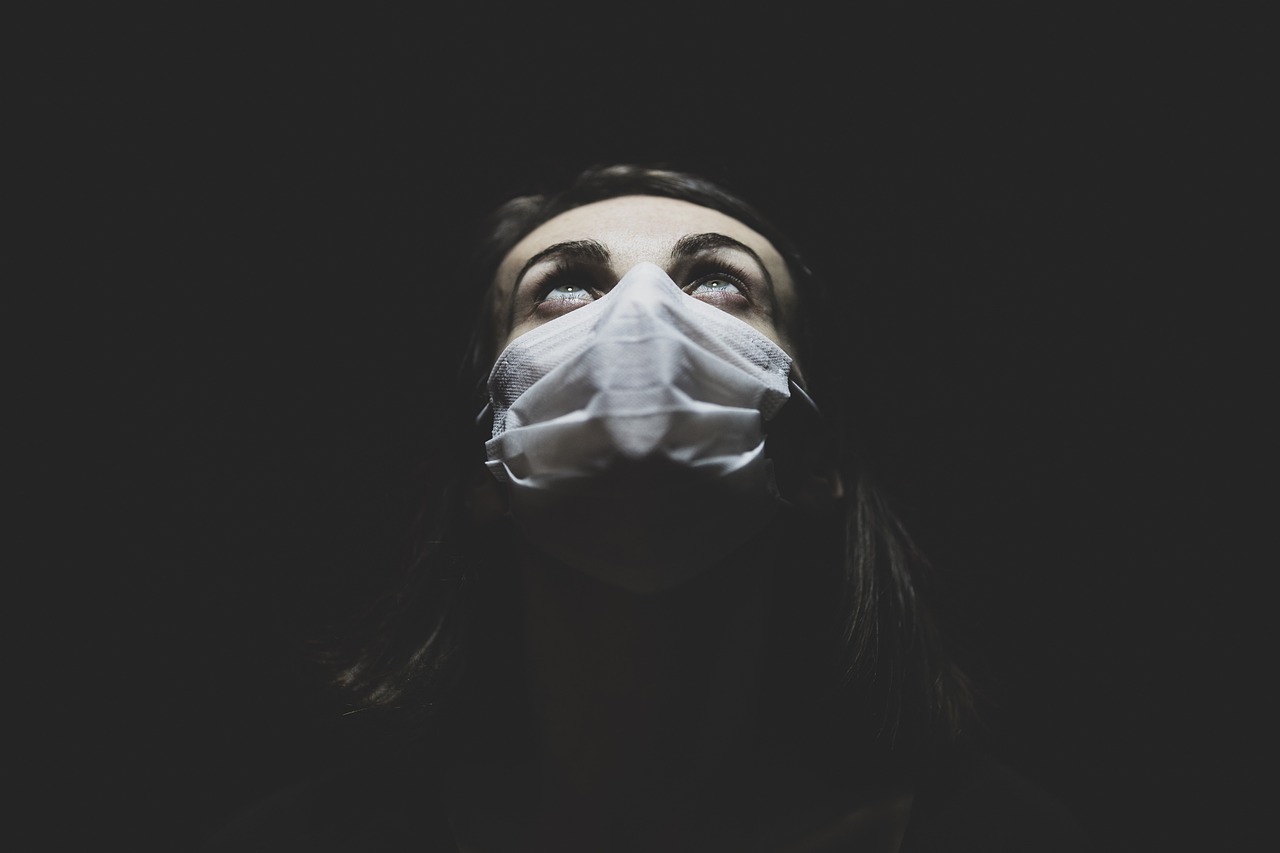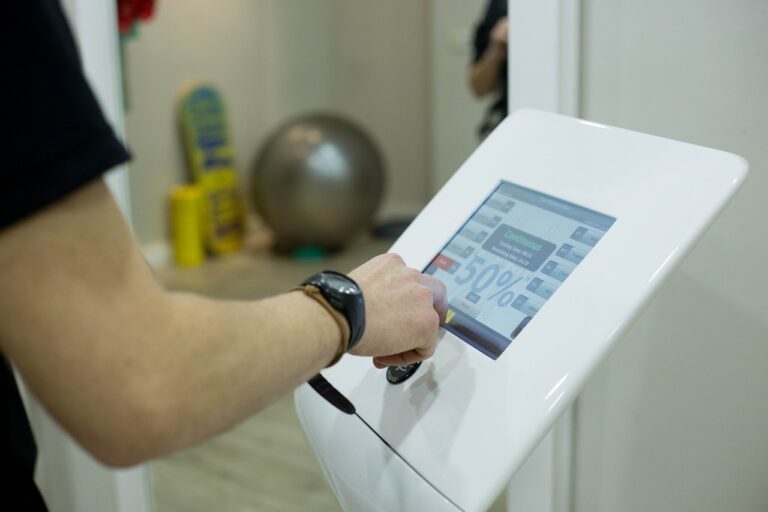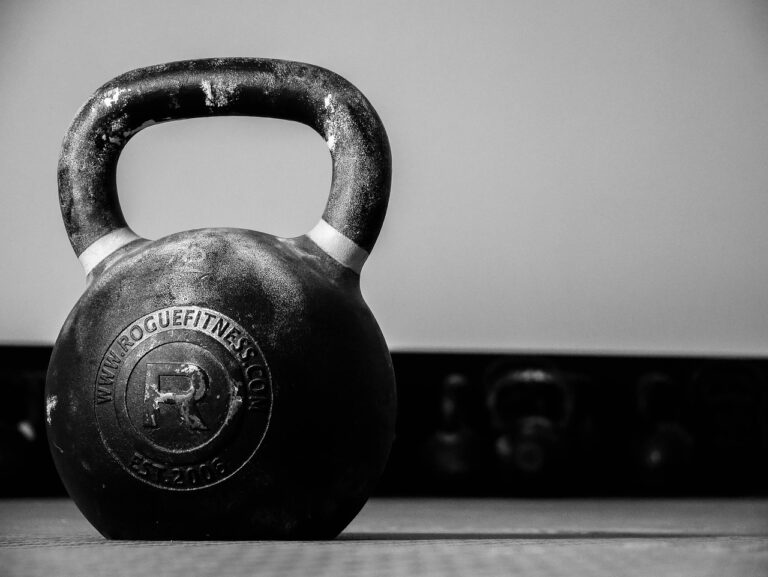The Link Between Social Media Use and Mental Health: Risks and Benefits
Social media has become an integral part of our daily lives, with platforms such as Facebook, Instagram, Twitter, and Snapchat connecting us to friends, family, and the world at large. While social media offers numerous benefits, such as staying in touch with loved ones and accessing a wealth of information, there is growing concern about its impact on mental health.
Risks of Excessive Social Media Use
Research has shown that spending too much time on social media can have negative effects on mental health. Some of the risks associated with excessive social media use include:
1. Increased feelings of loneliness and isolation
While social media allows us to connect with others online, it can also lead to feelings of loneliness and isolation. Spending too much time scrolling through our feeds can make us feel disconnected from the real world and our offline relationships.
2. Comparison and low self-esteem
One of the biggest downsides of social media is the tendency to compare ourselves to others. Seeing perfectly curated lives and bodies on our feeds can lead to feelings of inadequacy and low self-esteem.
3. Cyberbullying and harassment
Social media provides a platform for cyberbullying and harassment, which can have serious consequences for mental health. Being the target of online abuse can lead to anxiety, depression, and even thoughts of suicide.
4. Sleep disturbances
Excessive social media use has been linked to sleep disturbances, such as insomnia and poor sleep quality. The blue light emitted by screens can disrupt our circadian rhythms, making it difficult to fall asleep.
Benefits of Social Media Use
Despite the risks associated with social media, there are also many benefits to be gained from using these platforms in moderation. Some of the positive aspects of social media include:
1. Connection and support
Social media provides a platform for connecting with like-minded individuals, whether they are friends, family, or strangers with shared interests. This can offer a sense of belonging and support, especially for those who may feel isolated offline.
2. Access to information and resources
Social media serves as a valuable source of information and resources on a wide range of topics, from news and current events to mental health resources and support groups. This can be particularly helpful for individuals seeking information on mental health issues.
3. Creativity and self-expression
Social media platforms offer a space for creative self-expression, allowing individuals to share their thoughts, opinions, and artistic endeavors with the world. This can be a source of fulfillment and validation for many users.
4. Networking and professional opportunities
For professionals and creatives, social media can be a valuable tool for networking and showcasing their work. Platforms like LinkedIn and Instagram provide opportunities to connect with potential collaborators and clients, as well as promote their skills and achievements.
FAQs
1. How much time should I spend on social media?
It is recommended to limit your daily social media use to no more than 2 hours to avoid potential negative effects on your mental health.
2. What can I do to mitigate the risks of social media use?
To minimize the risks associated with social media, consider taking breaks from these platforms, unfollowing accounts that make you feel bad about yourself, and setting boundaries on your usage.
3. Should I seek professional help if I am experiencing mental health issues related to social media?
If you are struggling with mental health issues related to social media use, it is important to seek help from a mental health professional. Therapy and counseling can provide valuable support and strategies for managing these challenges.
4. Can social media have a positive impact on mental health?
While social media can have negative effects on mental health, it can also have a positive impact when used mindfully. By curating your feed to include positive and uplifting content, connecting with supportive communities, and practicing self-care, you can harness the benefits of social media for your mental well-being.
Overall, the link between social media use and mental health is complex and multifaceted. By being mindful of your usage, setting boundaries, and seeking support when needed, you can navigate the digital landscape in a way that promotes your mental health and well-being.







